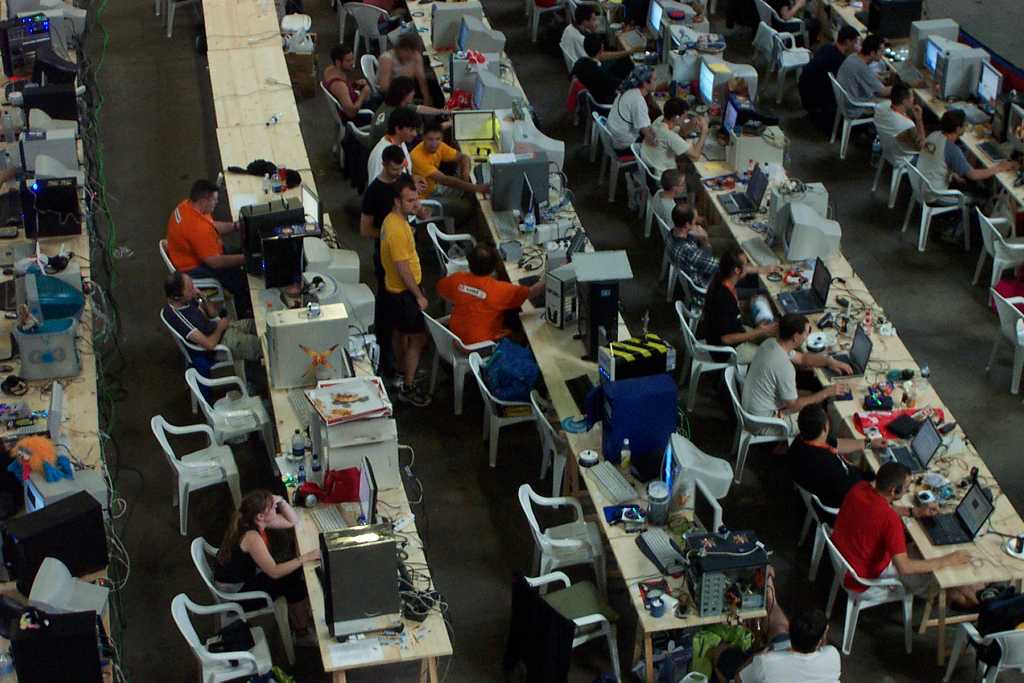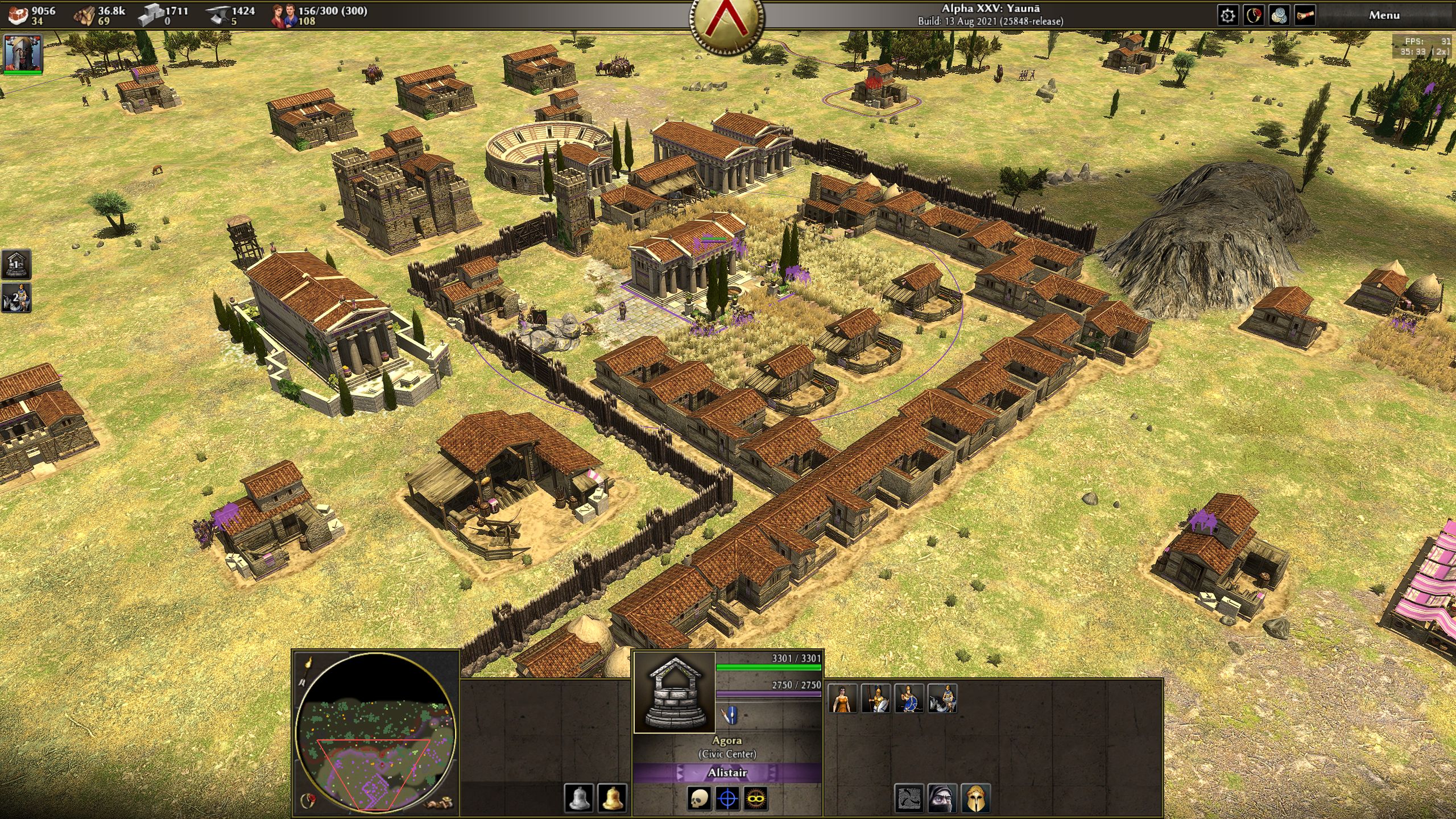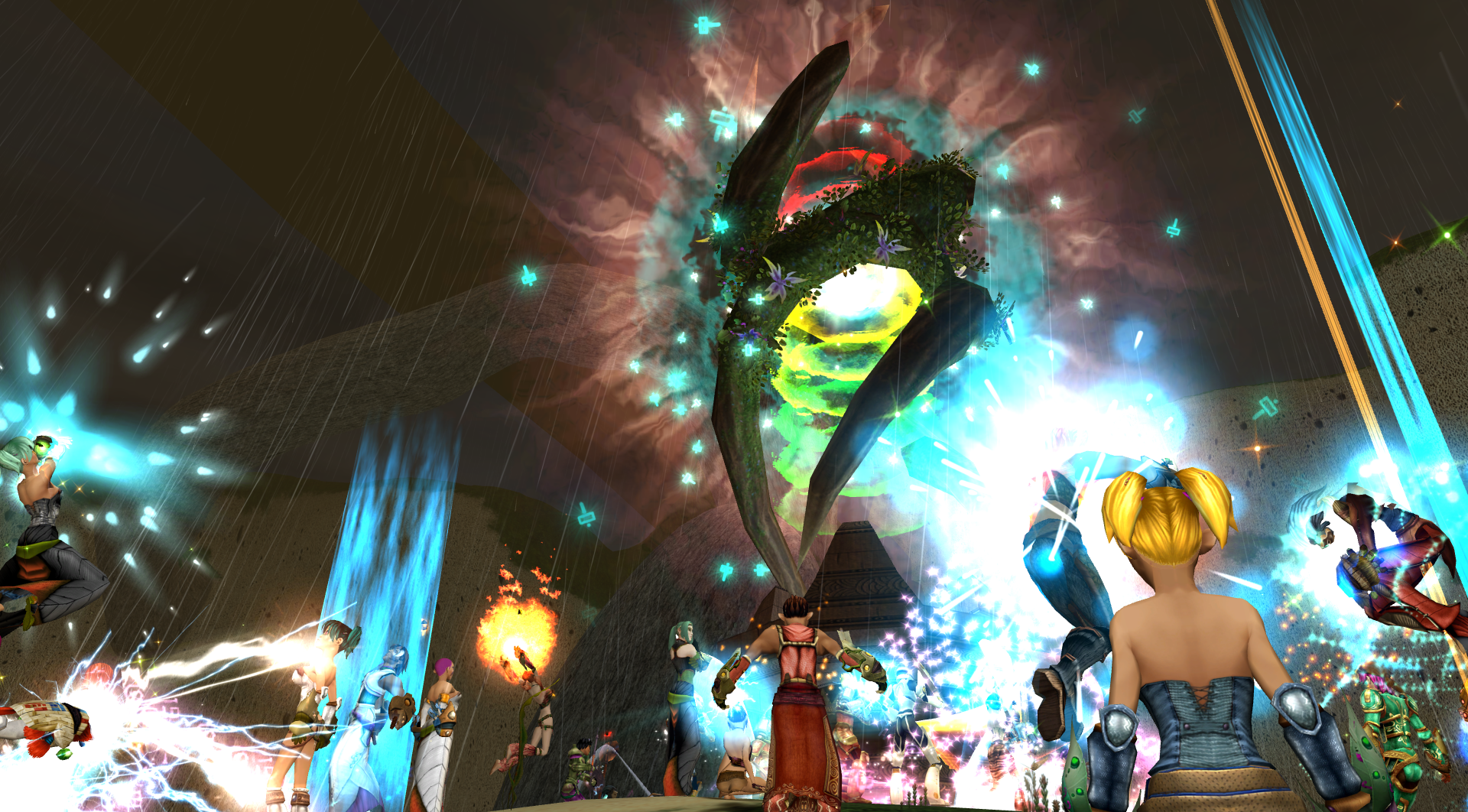|
Tux Racer
''Tux Racer'' is a 2000 open-source winter sports racing video game starring the Linux mascot, Tux the penguin. It was originally developed by Jasmin Patry as a computer graphics project at the University of Waterloo. Later on, Patry and the newly founded Sunspire Studios, composed of several former students of the university, expanded it. In the game, the player controls Tux as he slides down a course of snow and ice collecting herring. ''Tux Racer'' was officially downloaded over one million times as of 2001. It also was well received, often being acclaimed for the graphics, fast-paced gameplay, and replayability, and was a fan favorite among Linux users and the free software community. The game's popularity secured the development of a commercialized release that included enhanced graphics and multiplayer, and it also became the first GPL-licensed game to receive an arcade adaptation. It is the only product that Sunspire Studios developed and released, after which the company ... [...More Info...] [...Related Items...] OR: [Wikipedia] [Google] [Baidu] |
George Sanger (musician)
George Sanger, also known as "The Fat Man", is an American musician who has composed music for computer and video games, beginning in 1983. Some of his best-known works include ''The 7th Guest'', ''Wing Commander'', ''Hard Nova'', ''Maniac Mansion'' (NES version), '' Loom'', ''Tux Racer'', and ''Zombies Ate My Neighbors''. Sanger leads the band ''Team Fat'', which also includes fellow video game music composers Dave Govett, Joe McDermott and Kevin Weston Phelan. He has also written a novel, ''The Fat Man on Game Audio: Tasty Morsels of Sonic Goodness'', described by him as, "a book about game audio wrapped in a biography wrapped in a philosophy on life." Works Albums George Sanger and Team Fat have released three albums: #''7/11'' – based on the music from ''The 7th Guest'' and '' The 11th Hour'' #''Surf.com'' #''Flabby Rode'' Games Awards and recognition On March 7, 2007, Sanger received the IGDA Award For Community Contribution. The award was given for his numerous pro ... [...More Info...] [...Related Items...] OR: [Wikipedia] [Google] [Baidu] |
Local Multiplayer
Local may refer to: Geography and transportation * Local (train), a train serving local traffic demand * Local, Missouri, a community in the United States * Local government, a form of public administration, usually the lowest tier of administration * Local news, coverage of events in a local context which would not normally be of interest to those of other localities * Local union, a locally based trade union organization which forms part of a larger union Arts, entertainment, and media * ''Local'' (comics), a limited series comic book by Brian Wood and Ryan Kelly * ''Local'' (novel), a 2001 novel by Jaideep Varma * Local TV LLC, an American television broadcasting company * Locast, a non-profit streaming service offering local, over-the-air television * ''The Local'' (film), a 2008 action-drama film * '' The Local'', English-language news websites in several European countries Computing * .local, a network address component * Local variable, a variable that is given loca ... [...More Info...] [...Related Items...] OR: [Wikipedia] [Google] [Baidu] |
Cross-platform
In computing, cross-platform software (also called multi-platform software, platform-agnostic software, or platform-independent software) is computer software that is designed to work in several computing platforms. Some cross-platform software requires a separate build for each platform, but some can be directly run on any platform without special preparation, being written in an interpreted language or compiled to portable bytecode for which the interpreters or run-time packages are common or standard components of all supported platforms. For example, a cross-platform application may run on Microsoft Windows, Linux, and macOS. Cross-platform software may run on many platforms, or as few as two. Some frameworks for cross-platform development are Codename One, Kivy, Qt, Flutter, NativeScript, Xamarin, Phonegap, Ionic, and React Native. Platforms ''Platform'' can refer to the type of processor (CPU) or other hardware on which an operating system (OS) or application runs, t ... [...More Info...] [...Related Items...] OR: [Wikipedia] [Google] [Baidu] |
Porting
In software engineering, porting is the process of adapting software for the purpose of achieving some form of execution in a computing environment that is different from the one that a given program (meant for such execution) was originally designed for (e.g., different CPU, operating system, or third party library). The term is also used when software/hardware is changed to make them usable in different environments. Software is ''portable'' when the cost of porting it to a new platform is significantly less than the cost of writing it from scratch. The lower the cost of porting software relative to its implementation cost, the more portable it is said to be. Etymology The term "port" is derived from the Latin '' portāre'', meaning "to carry". When code is not compatible with a particular operating system or architecture, the code must be "carried" to the new system. The term is not generally applied to the process of adapting software to run with less memory on the sam ... [...More Info...] [...Related Items...] OR: [Wikipedia] [Google] [Baidu] |
Video Game Engine
A game engine is a software framework primarily designed for the development of video games and generally includes relevant libraries and support programs. The "engine" terminology is similar to the term "software engine" used in the software industry. The game engine can also refer to the development software utilizing this framework, typically offering a suite of tools and features for developing games. Developers can use game engines to construct games for video game consoles and other types of computers. The core functionality typically provided by a game engine may include a rendering engine ("renderer") for 2D or 3D graphics, a physics engine or collision detection (and collision response), sound, scripting, animation, artificial intelligence, networking, streaming, memory management, threading, localization support, scene graph, and video support for cinematics. Game engine implementers often economize on the process of game development by reusing/adapting, in la ... [...More Info...] [...Related Items...] OR: [Wikipedia] [Google] [Baidu] |
Unreal (1998 Video Game)
''Unreal'' is a first-person shooter video game developed by Epic MegaGames and Digital Extremes and published by GT Interactive for Microsoft Windows in May 1998. It was powered by Unreal Engine, an original game engine. The game reached sales of 1.5 million units by 2002. Since the release of ''Unreal'', the franchise has had one sequel and two different series based on the ''Unreal'' universe. One official bonus pack, the Epic-released Fusion Map Pack, can be downloaded free of charge. ''Unreal Mission Pack: Return to Na Pali'', developed by Legend Entertainment, was released in June 1999, and added 17 new missions to the single-player campaign of ''Unreal''. ''Unreal'' and ''Return to Na Pali'' would later be bundled together as ''Unreal Gold''. Additionally, the games were updated to run on the ''Unreal Tournament'' version of the game engine. Plot The player takes on the part of Prisoner 849, aboard the prison spacecraft ''Vortex Rikers''. During transport to a moon-based ... [...More Info...] [...Related Items...] OR: [Wikipedia] [Google] [Baidu] |
Quake III Arena
''Quake III Arena'' is a 1999 multiplayer-focused first-person shooter developed by id Software. The third installment of the ''Quake'' series, ''Arena'' differs from previous games by excluding a story-based single-player mode and focusing primarily on multiplayer gameplay. The single-player mode is played against computer-controlled bots. It features music composed by Sonic Mayhem and Front Line Assembly founder Bill Leeb. Notable features of ''Quake III Arena'' include the minimalist design, lacking rarely used items and features; the extensive customizability of player settings such as field of view, texture detail and enemy model; and advanced movement features such as strafe-jumping and rocket-jumping. The game was praised by reviewers who, for the most part, described the gameplay as fun and engaging. Many liked the crisp graphics and focus on multiplayer. ''Quake III Arena'' has also been used extensively in professional electronic sports tournaments such as QuakeCon, Cyb ... [...More Info...] [...Related Items...] OR: [Wikipedia] [Google] [Baidu] |
First-person Shooter
First-person shooter (FPS) is a sub-genre of shooter video games centered on gun and other weapon-based combat in a first-person perspective, with the player experiencing the action through the eyes of the protagonist and controlling the player character in a three-dimensional space. The genre shares common traits with other shooter games, and in turn falls under the action game genre. Since the genre's inception, advanced 3D and pseudo-3D graphics have challenged hardware development, and multiplayer gaming has been integral. The first-person shooter genre has been traced back to ''Wolfenstein 3D'' (1992), which has been credited with creating the genre's basic archetype upon which subsequent titles were based. One such title, and the progenitor of the genre's wider mainstream acceptance and popularity, was ''Doom'' (1993), often considered the most influential game in this genre; for some years, the term ''Doom'' clone was used to designate this genre due to ''Doom''s i ... [...More Info...] [...Related Items...] OR: [Wikipedia] [Google] [Baidu] |
Real-time Strategy
Real-time strategy (RTS) is a Video game genre, subgenre of strategy video games that do not progress incrementally in turn-based game, turns, but allow all players to play simultaneously, in "real time". By contrast, in Turn-based strategy, turn-based strategy (TBS) games, players take turns to play. The term "real-time strategy" was coined by Brett Sperry to market ''Dune II'' in the early 1990s. In a real-time strategy game, each participant positions structures and maneuvers multiple units under their indirect control to secure areas of the map and/or destroy their opponents' assets. In a typical RTS game, it is possible to create additional units and structures, generally limited by a requirement to Resource management (gaming), expend accumulated resources. These resources are in turn garnered by controlling special points on the map and/or possessing certain types of units and structures devoted to this purpose. More specifically, the typical game in the RTS genre features ... [...More Info...] [...Related Items...] OR: [Wikipedia] [Google] [Baidu] |
Massively Multiplayer Online Role-playing Game
A massively multiplayer online role-playing game (MMORPG) is a video game that combines aspects of a role-playing video game and a massively multiplayer online game. As in role-playing games (RPGs), the player assumes the role of a Player character, character (often in a fantasy world or science-fiction world) and takes control over many of that character's actions. MMORPGs are distinguished from Online game, single-player or small Multiplayer online game, multi-player online RPGs by the number of players able to interact together, and by the game's persistent world (usually hosted by the game's video game publisher, publisher), which continues to exist and evolve while the player is offline and away from the game. MMORPGs are played throughout the world. Worldwide revenues for MMORPGs exceeded half a billion dollars in 2005, and Western revenues exceeded a billion dollars in 2006. In 2008, the spending on subscription MMORPGs by consumers in North America and Europe grew to $1.4 ... [...More Info...] [...Related Items...] OR: [Wikipedia] [Google] [Baidu] |
GNU General Public License
The GNU General Public License (GNU GPL or simply GPL) is a series of widely used free software licenses that guarantee end users the Four Freedoms (Free software), four freedoms to run, study, share, and modify the software. The license was the first copyleft for general use and was originally written by the founder of the Free Software Foundation (FSF), Richard Stallman, for the GNU Project. The license grants the recipients of a computer program the rights of the Free Software Definition. These GPL series are all copyleft licenses, which means that any derivative work must be distributed under the same or equivalent license terms. It is more restrictive than the GNU Lesser General Public License, Lesser General Public License and even further distinct from the more widely used permissive software licenses BSD licenses, BSD, MIT License, MIT, and Apache License, Apache. Historically, the GPL license family has been one of the most popular software licenses in the free and open ... [...More Info...] [...Related Items...] OR: [Wikipedia] [Google] [Baidu] |
Computer Graphics (computer Science)
Computer graphics is a sub-field of computer science which studies methods for digitally synthesizing and manipulating visual content. Although the term often refers to the study of three-dimensional computer graphics, it also encompasses two-dimensional graphics and image processing. The individuals who serve as professional designers for computers graphics are known as "Graphics Programmers", who often are computer programmers with skills in computer graphics design. Overview Computer graphics studies the aesthetic manipulation of visual and geometric information using computational techniques. It focuses on the ''mathematical'' and ''computational'' foundations of image generation and processing rather than purely aesthetic issues. Computer graphics is often differentiated from the field of visualization, although the two fields have many similarities. Connected studies include: * Applied mathematics * Computational geometry * Computational topology * Computer vision ... [...More Info...] [...Related Items...] OR: [Wikipedia] [Google] [Baidu] |






